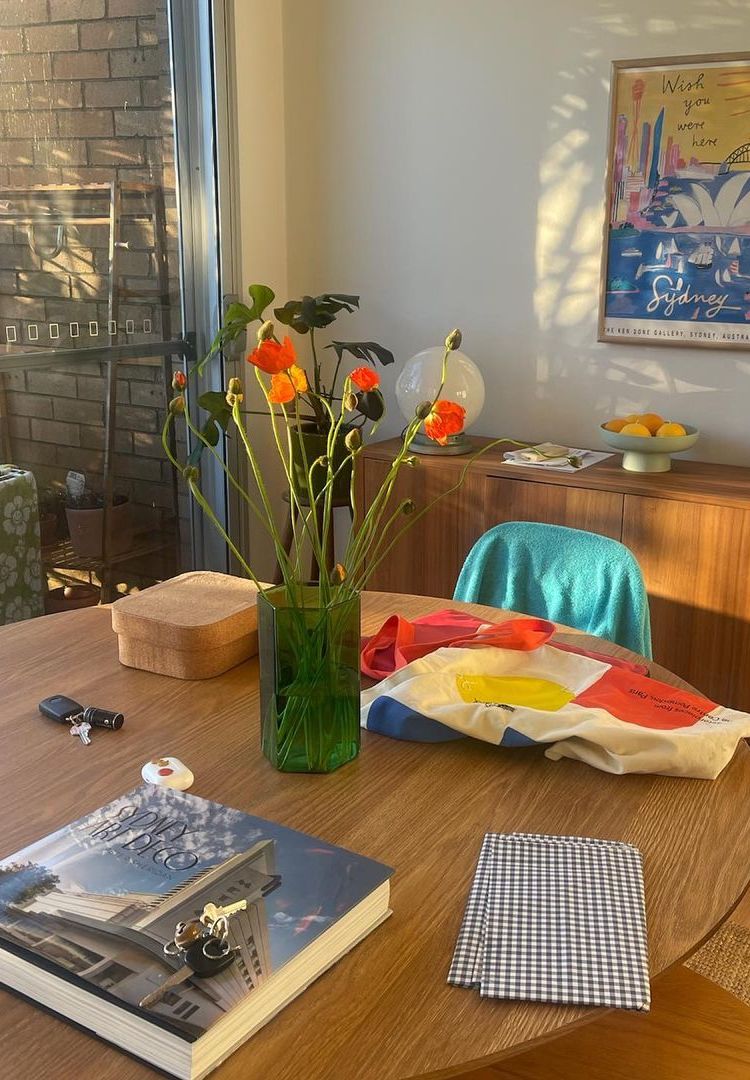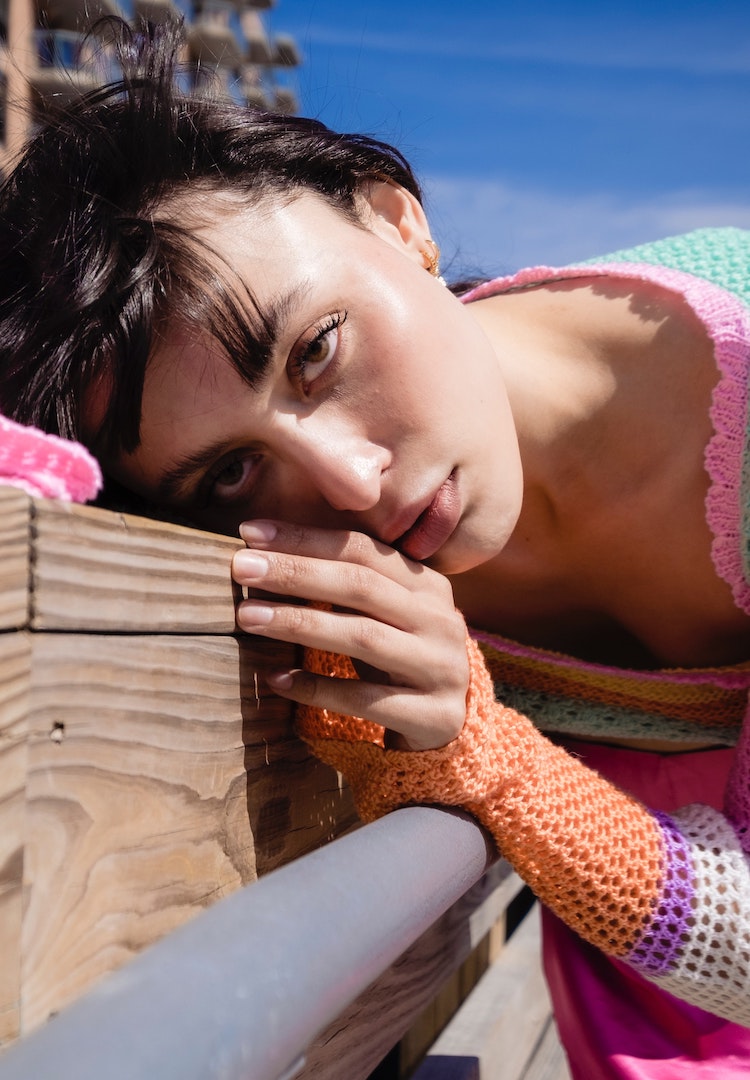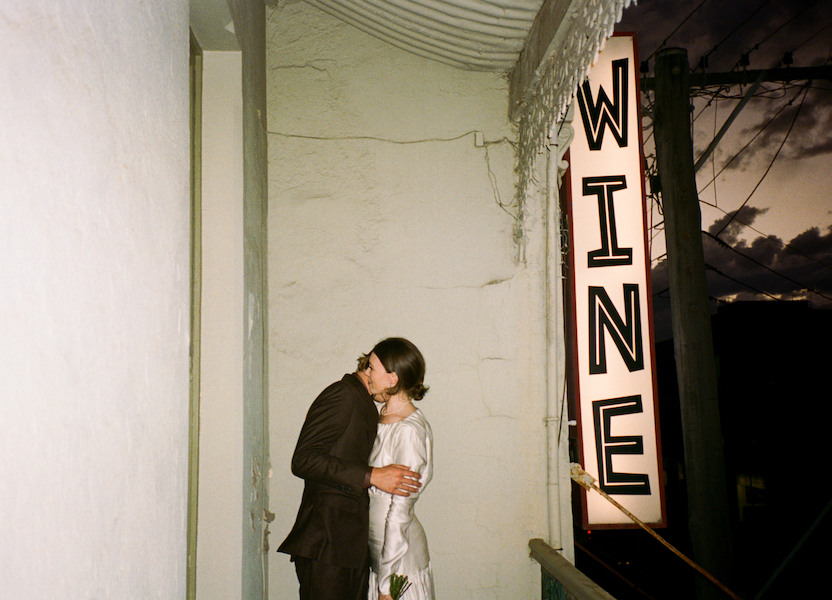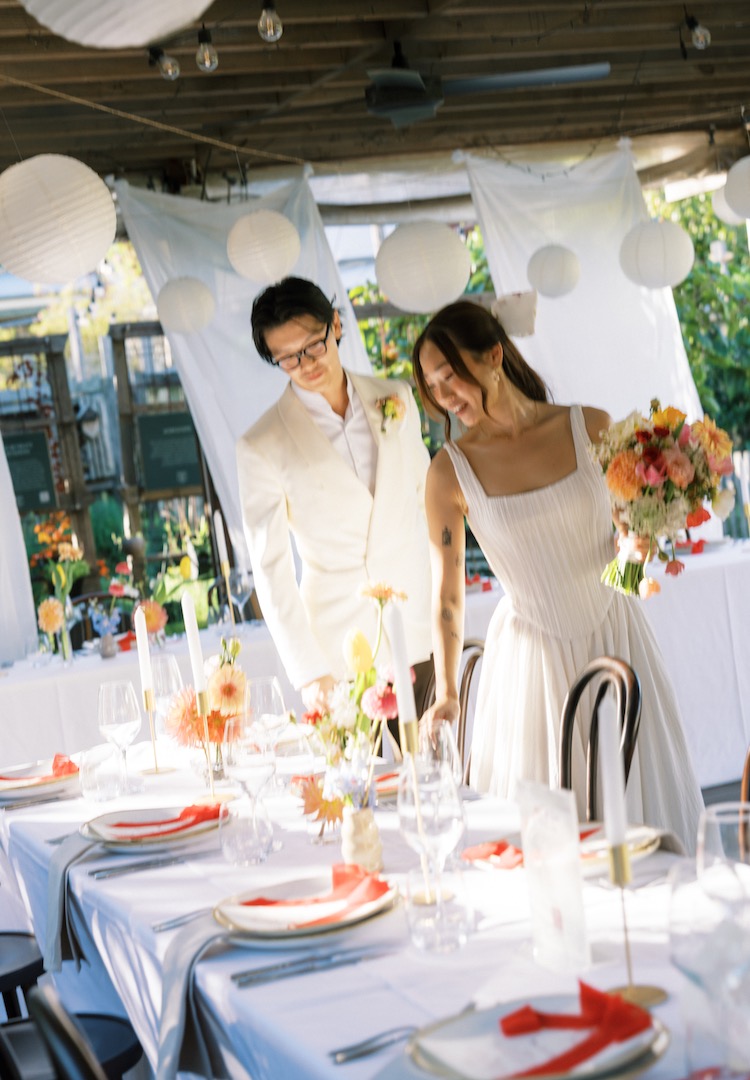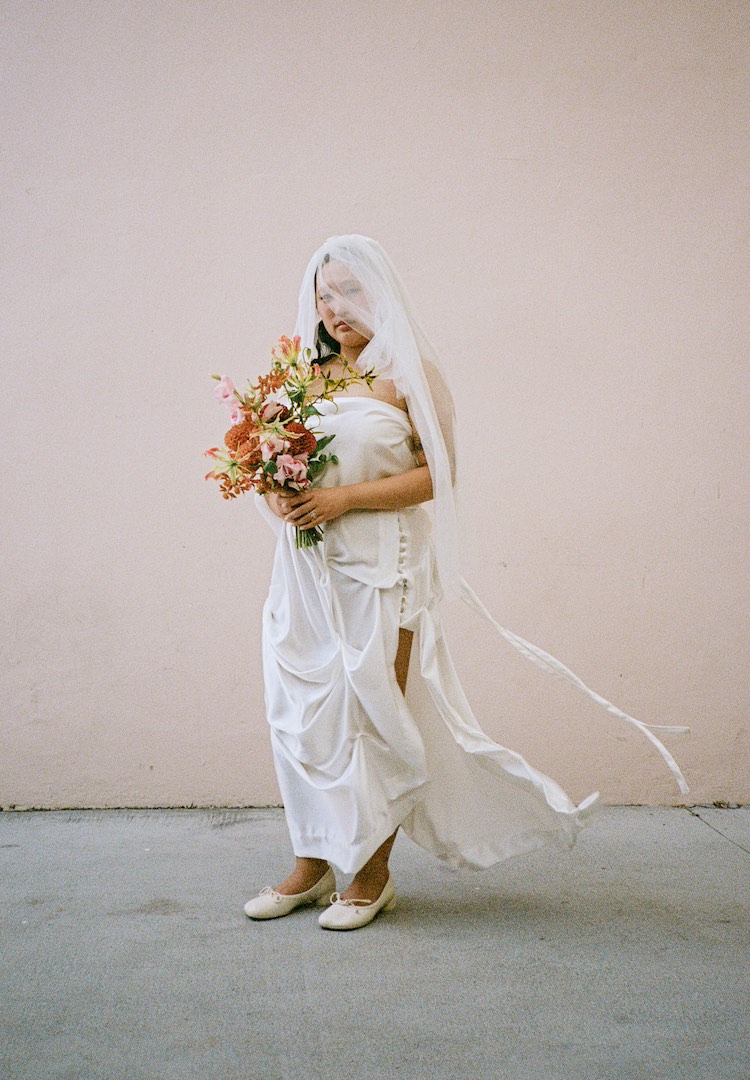Why I took my wife’s last name, and why I think more men should
PHOTOGRAPHY BY BROWN PAPER PARCEL
WORDS BY ALEX NAUGHTON
“Couples need to be willing to challenge societal norms.”
Tradition dictates that the vast majority of women take their husbands’ surnames without giving it a second thought.
There’s nothing wrong with doing this, but we should be aware of the patriarchal nature of such a widely accepted tradition when making our choice, and understand that there is an alternative.
Interested to hear how others navigate the world? Head to our Life section.
By my late twenties, I believed my work in terms of transforming and “creating a soul” – as artist Alejandro Jodorowsky puts it – was over. I was Alex Campbell. I had discovered my ‘true self’; a fixed identity that catered to my ego and existence. Then I fell wildly in love with a stranger sitting on a hill. Everything changed.
When we inevitably became engaged, we hadn’t thought about what we’d do with our surnames when we were to marry. We were young and wildly in love, celebrating all the niceties and realisations that the feeling of true love brings.
Yet, after a few years of being engaged, and with our marriage creeping closer, Chloe suggested that it felt strange she might be changing her surname. We quickly realised it was an absurd cultural expectation that it’s assumed women will take their husbands’ names.
We hadn’t thought about it until then. Even in 2021, women taking their husbands’ surnames in heterosexual marriages is still the norm. It seems baffling that, with all the universally acknowledged and celebrated strides towards gender equality, society still blindly accepts and assumes a tradition – a tradition rooted in ownership – like this.
And why are so few people questioning this, given the gruelling history of gender-based oppression? It was a no-brainer. There is a clear patriarchal bias in our society, but we can do things differently. Taking your wife’s last name isn’t some colossal feminist statement. Taking your partner’s last name is a simple gesture of allegiance.
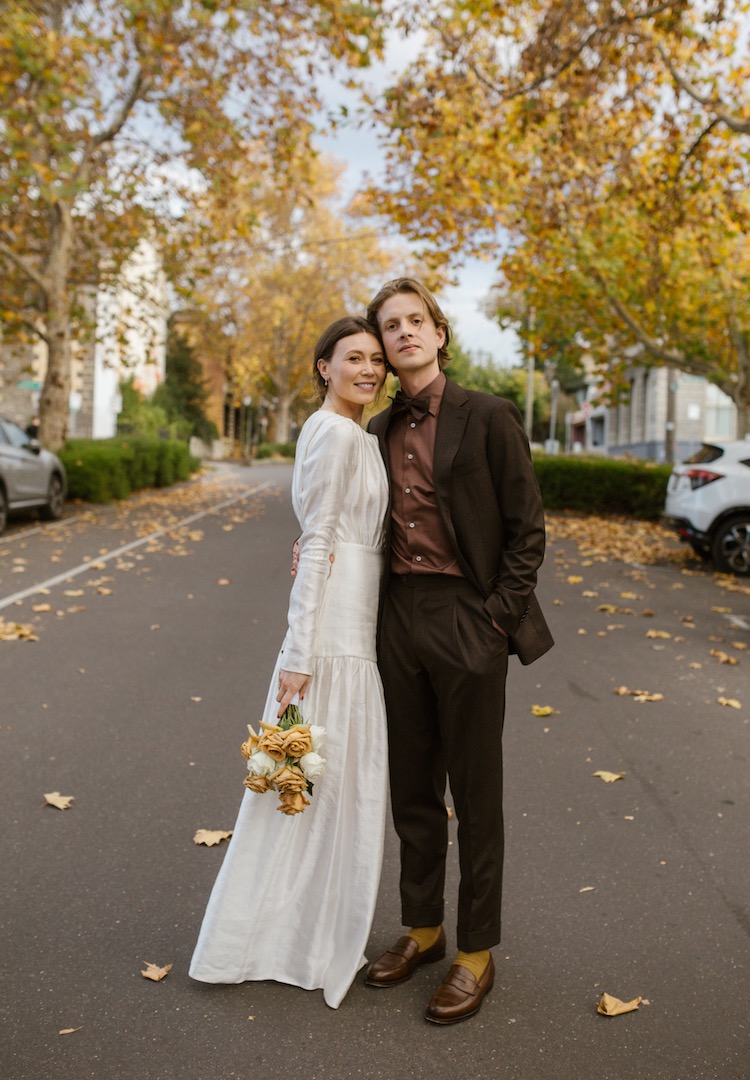
If we were to continue the age-old assumption that Chloe would take my last name, it would reduce her sense of identity in comparison to mine. It’s fine to change your name, but the presumption that it’s she who should change it is a problem.
People often cite the unity that a shared surname brings as the reason for a wife to take her husband’s name. While this unity is important to some and not to others, it was something that had always resonated with me. But there’s no reason that our joint last name can’t be Chloe’s.
I am confident that most men who love their partners would not consciously want to engage in a practice that assumes an erasure of a woman’s identity. But the majority still insist their partner takes their surname.
Perhaps this is born out of a lack of awareness, an “It’s just always been this way” mentality. Or maybe a perceived sense of emasculation is a driving force?
Maybe it’s imperative to some men’s fragile egos that their partner’s identity never takes precedence over their own. I imagine for most, though, it is simply a lack of thought. But that is still a problem.
If we step back and look at it objectively, equals should not need to subscribe to specific gender roles, and roles within a relationship can (and should) switch at any time. In order for these systems and traditions to be questioned, couples need to be willing to challenge societal norms.
Men (and women), I implore you, think about the problematic roots of marriage and approach things with an open mind. As a couple, discuss your alternatives.
There is absolutely nothing wrong with going down the traditional route, so long as the ramifications and reasons for doing so are understood by both parties. Discussions about what to do with a surname may initially be nerve-wracking, but I urge you to push through. To be calm, unhurried.
Extricating ourselves from a system built on patriarchal values is both relieving and life-affirming. I look forward to explaining our reasons to our children and to our children’s children (by which stage, the decision will hopefully be a far more universal practice). And I look forward to it even more being Mr and Mrs Naughton.
This article was originally published on July 1, 2021.
Alex is a cinematographer and director based in Melbourne. You can find out more about his work here.

